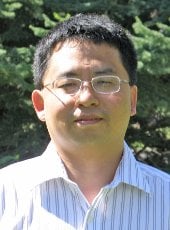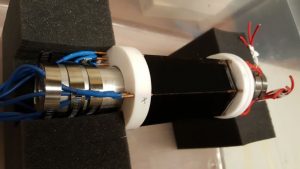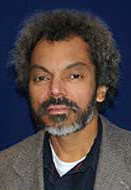 The Milwaukee Journal-Sentinel reported on a two-day conference on new life-saving technologies for the Great Lakes. One of the demonstrations was by Michigan Tech, where the SENSE Enterprise team and Andrew Barnard (ME-EM) are developing drones to help save people who are drowning. Read the story here.
The Milwaukee Journal-Sentinel reported on a two-day conference on new life-saving technologies for the Great Lakes. One of the demonstrations was by Michigan Tech, where the SENSE Enterprise team and Andrew Barnard (ME-EM) are developing drones to help save people who are drowning. Read the story here.
The story was also picked up by the Detroit Free Press and the Wisconsin Rapids Tribune.
With Great Lakes drownings spiking, rescuers look to education, technology
Michigan Tech students are working on a drone that can be used as a life raft, cheap and affordable enough that they can be kept at popular swimming beaches or in squad car trunks and used very quickly.
“It’s like a mechanized life ring,” said Andrew Barnard, leader of the SENSE Enterprise Team at Michigan Tech. “If you’ve got someone 100 yards offshore, it takes away the danger of swimming out to them or the time it takes to get a boat. A life ring can only be thrown maybe 25 yards and if it’s windy it’s hard to get the life ring to the person.”
The Michigan Tech water drone prototype, which students dubbed Nautical Emergency Rescue Drone (NERD), uses plastic PVC piping, low-cost remote vehicle propellers and the same controls used for remote-controlled planes and boats.
Read more at the Milwaukee Journal-Sentinel, by Meg Jones.
2017 Ford College Community Challenge Top 20 – Michigan Technological University (SENSE Enterprise)
Michigan Tech students’ work with Strategic Education through Naval Systems Experiences Enterprise is underway benchmarking existing rescue methods, technologies to define a cost effective system; testing concept stages and initial prototype.


 Tech professor Greg Odegard is heading a Space Technology Research Institute, which is being funded by a five-year, $15 million grant from NASA. That group, the Institute for Ultra-Strong Composites by Computational Design (US-COMP), is looking to develop a lighter, stronger structural material made of carbon nanotubes for space travel — first a return to the moon, then a manned mission to Mars.
Tech professor Greg Odegard is heading a Space Technology Research Institute, which is being funded by a five-year, $15 million grant from NASA. That group, the Institute for Ultra-Strong Composites by Computational Design (US-COMP), is looking to develop a lighter, stronger structural material made of carbon nanotubes for space travel — first a return to the moon, then a manned mission to Mars.







